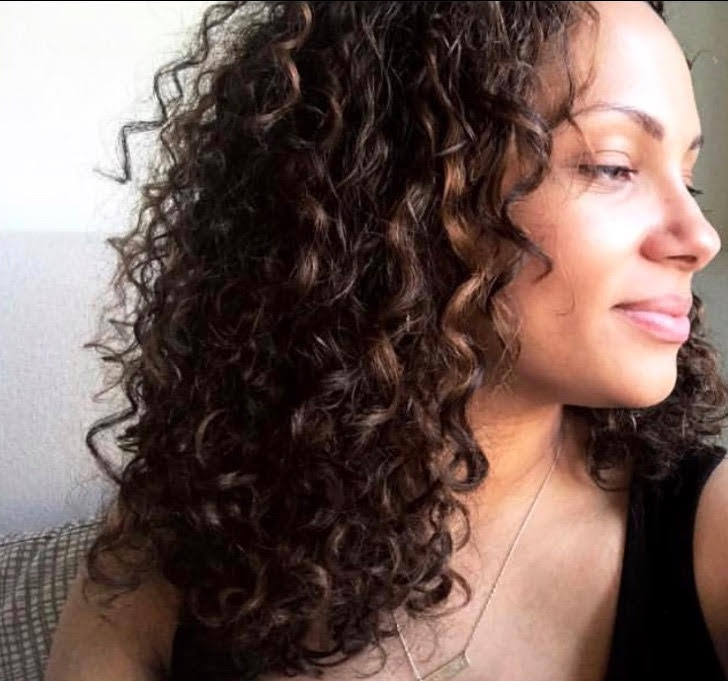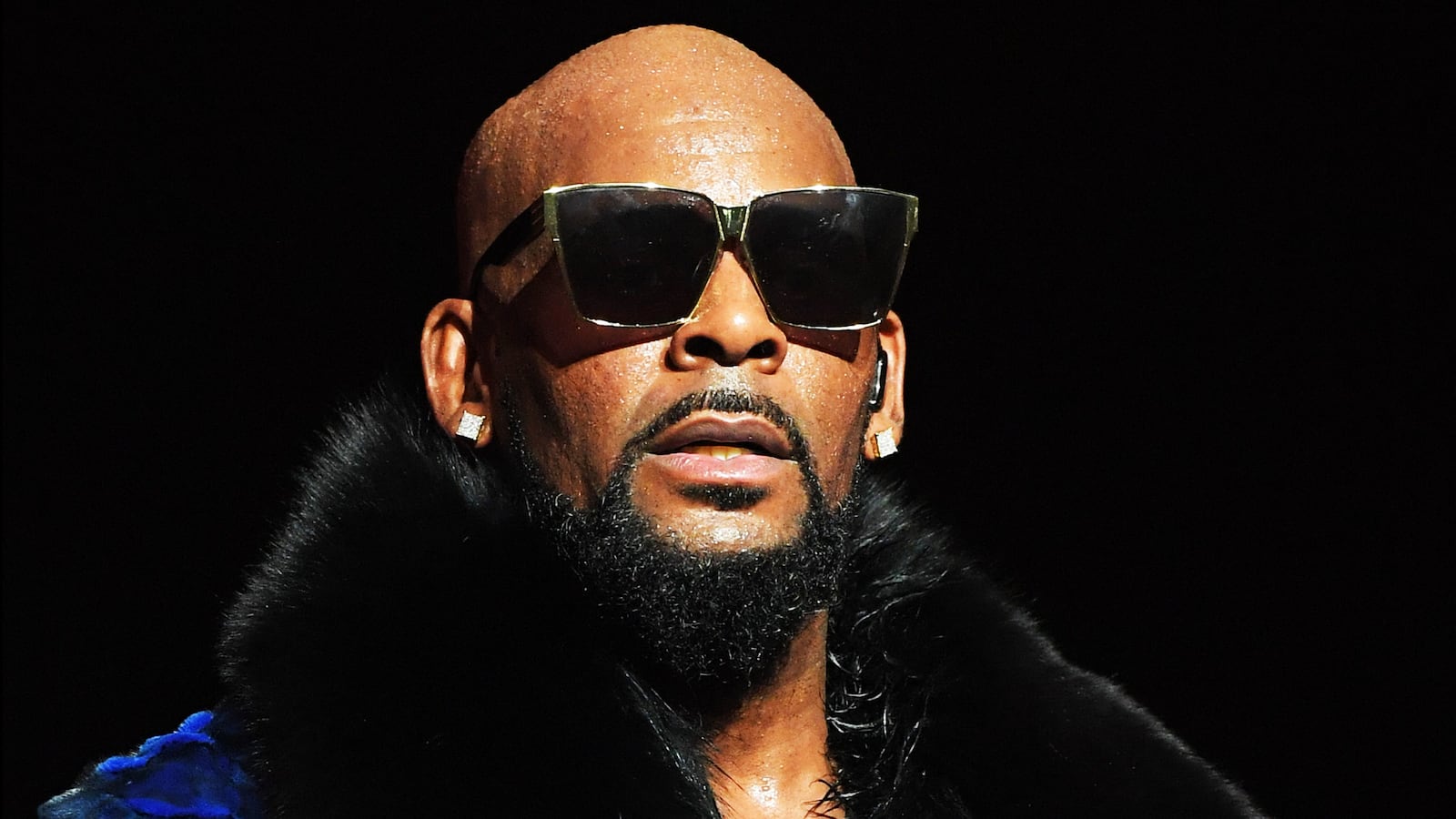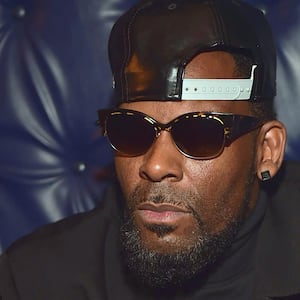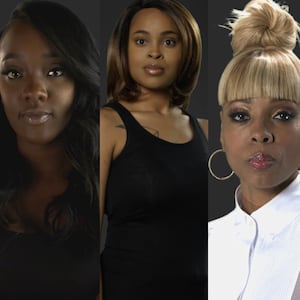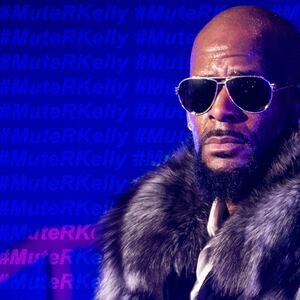Be seen watching.
As a teacher at an urban charter school, this is a phrase I have heard all too often in regards to supporting academic achievement and positive classroom management. The phrase is borrowed from a popular educational text and invokes the image of the ways in which lifeguards effectively scan and monitor large swimming pools to spot and immediately respond to danger. I have long internalized this idea as not only a teacher but also as a parent and firmly believe that most trouble, though certainly not all, can be avoided if those of us placed in charge of others are simply seen watching and actively responding to trouble.
As I sat through the Surviving R. Kelly series over the course of this weekend, my mind was plagued with countless tough questions. For me, it almost seemed pointless to contemplate the answers, considering so much had been allowed to happen for so long. My questions in and of themselves felt too little, too late. For myself, as well as close friends, family and colleagues, this series has been troubling to say the very least. But in trying to pinpoint specifically why this information, well-known, well-circulated, and frequently joked about in the black community for 20+ years, now was ushering in a newfound wave of despair and disgust, I could only think back to that educational phrase: Be seen watching.
As a middle school teacher, I have been trained to actively monitor students in a variety of settings. During independent student work time, I am expected to “aggressively monitor” in order to gauge progress, anticipate misconceptions and provide targeted feedback. When on recess duty, I am expected to scan and circulate to ensure students are interacting in ways that are both safe and age-appropriate. No matter the setting, this much remains clear: What happens on our watch is our responsibility and though we can’t avoid all fires, we can certainly prevent most simply by being seen watching and responding.
What remains true for those of us trying to understand what we just finished watching this weekend is that far too many people failed to be seen watching by R. Kelly himself, or by the individuals abetting his allegedly abusive patterns, working for and with him in various capacities. Andrea Kelly, his former wife, mentioned the extent to which he clearly had help to manage his revolving door of relationships with young black girls. Someone had to book the flights, arrange the cars, confirm the hotel rooms. But certainly the support had to go farther than direct assistance, right? Someone had to have noticed how often R. Kelly made trips to the local high school. Someone had to notice young black girls becoming increasingly distant, if not altogether absent, from home, family, and school life. Someone had to notice the palpable number of young black girls frequenting his clearly designated adult spaces (concerts, studios, parties, his home). Someone had to recognize that someone they knew was still working closely with R. Kelly after the marriage to Aaliyah, after the initial wave of allegations, after the child porn trial. Clearly, there were countless witnesses, and yet the outrage was so devastatingly delayed time and time again. Indeed, many were watching but few were doing so in a way that made R. Kelly question his ability to continue doing as he pleased, let alone in a way that sought to meaningfully hold him accountable for his actions in the moment and take the steps necessary to prevent him from going any farther.
And it goes without saying that the millions of fans and the music industry itself that has continued to put his music and profits over his known salacious behavior has been most complicit in his ways. I liken this to allowing any particularly charismatic student the ability to continue behavior that brazenly assaults the personhood of any and everyone around him or her simply because they are charming, talented, or perhaps hailing from a deeply troubled background. And this isn’t to say this too doesn’t happen in school environments because it does, and it isn’t right. As teachers, we can make all of the excuses in the world but what remains true is that by turning our backs, we are not only refusing to watch, but are now actively participating in the abuse as if we are committing it ourselves. This is painfully true for the extensive network of R. Kelly supporters, whether active or passive.
For me, this is not just about R. Kelly and other men like him who leverage power, influence, and money to prey on young girls but a larger system in which individuals like him are able to operate not in the shadows, but in the brazen light. In this case, the “system” is not some abstract notion but rather the everyday people who turned a blind eye to abuse, who witnessed first or even second-hand but were never truly seen watching because they were blinded by stardom or an unwillingness to believe, let alone advocate for, the abused. And perhaps this point is more salient to me as a teacher because I am also considered to be a mandated reporter in the event that I suspect and/or can confirm abuse, but that few seemingly made their outrage apparent and heard immediately makes the fact that his behavior has spanned decades far from surprising.
That R. Kelly’s music streams have increased exponentially since the release of this series further drives this point home. Many have questioned how people can continue to support his music, seemingly more so than usual, as if support in him has somehow been renewed. Social media users have floated the idea that many are simply re-visiting his music to search for the lyrical “clues” they may have missed along the way. But it goes without saying that the clues have always been there, screaming in the titles themselves. We have always watched and deliberately turned away, for various reasons that range from our devotion to his music and the black men we revere, to our petitions against “loose” women and the parents that fail to “properly” parent them, to the notion that “this happens all the time,” and we too were probably picked up from school by an older man once upon a time—all of which are further indicative of the larger system in which we are all operating. We’ve all been watching, we’ve all seen trouble brewing in his music and in the ways our communities have sought so desperately to protect him, and yet we have chosen to willfully turn away, effectively making his alleged abuse, consistently occurring on our watch, our fault.
I don’t rest my hat on dreams of some utopian world where sexual manipulation and abuse does not occur at all but what I do believe is this: If we are to re-imagine a world where these behaviors aren’t as rampant, we all must be willing to deeply interrogate the ways in which we’ve long been complicit, whether through direct enabling, enthusiastic excuse-making, blind participation, or willful ignorance. We must next decide how we will commit to thinking and moving differently. A failure to do so will make this weekend’s visceral disgust and so-called final (and long overdue) “cancellation” of R. Kelly a mere performance act. We must be seen watching and we must be seen acting, lest we too are complicit in the continued abuse of vulnerable groups and especially of young black girls.
